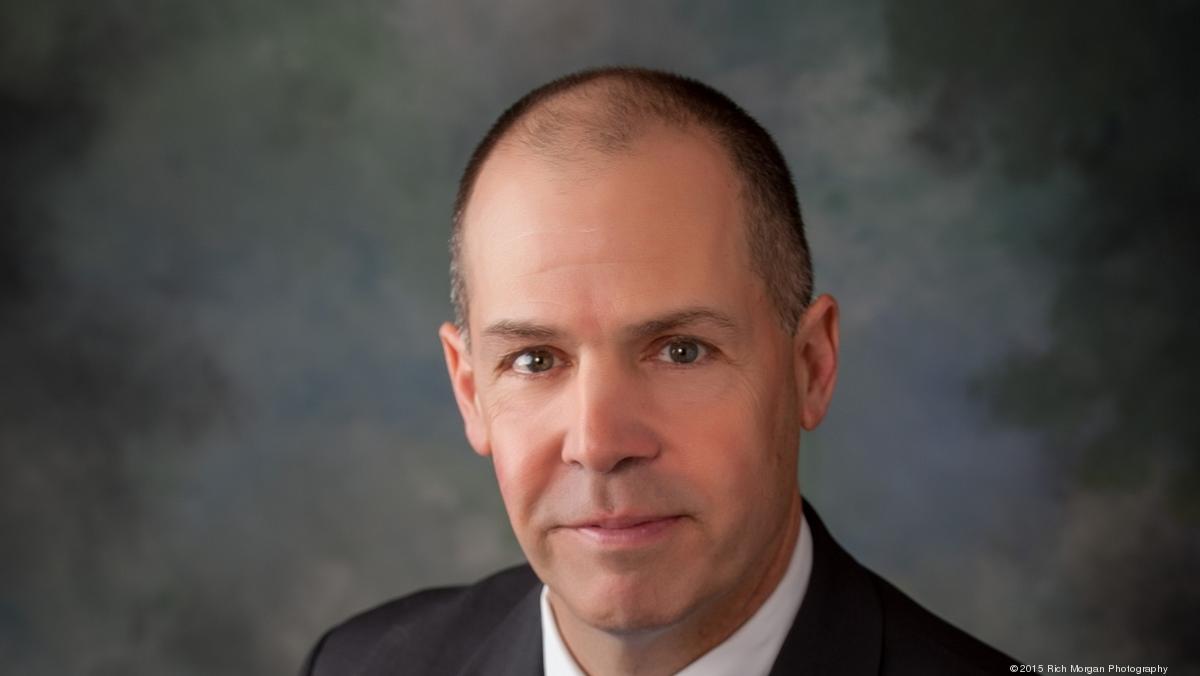Preserving the Value of Independent Physicians
Professional advisors are integral to the long-term wellbeing of the consolidating community
When it comes to assessing the health of New England’s independent physician community, the diagnosis is mixed – and multifaceted. Starting with the bad news: The independent physician community is operating in an extremely challenging and aggressive environment that is making survival difficult. There is, however, good news too: Very viable options exist for the community to both thrive and grow, and play a meaningful role in the development of healthcare delivery in this country. The twist? It takes a lot of work – but with the right professional guidance, it’s possible.
A shifting landscape
According to the latest Physician Practice Benchmark Survey conducted by the American Medical Association (AMA), in 2024, 42.2% of physicians were in private practice across the United States, down 18% since 2012. Similarly, research conducted by the Physician Advocacy Institute in collaboration with Avalere Health documents an ongoing consolidation trend at both the national and regional levels, with continued hospital acquisitions of physician practices and growth in physician employment.
Doctors are drawn to the independent physician community primarily because it gives them the ability to control every aspect of their practice, from staffing and scheduling to their approach to patient care.
But with that autonomy and flexibility comes significant challenges, including increased administrative and regulatory burdens and reduced access to continuum of care networks. Perhaps the biggest hardship for doctors practicing in the independent physician community is the financial pressure they face and the difficulty they experience securing the capital required to survive and grow.
While these challenges make it hard for independent physicians to compete – especially with their larger hospital counterparts that have both the bulk and access to capital to support their continued growth – they’re not insurmountable.
Build a team of advisors
The first step is recognizing that your practice isn’t simply an extension of you; it has to be run and executed as a business. While they’re primarily medical experts, independent physicians must start also thinking like business professionals. And that means you have to consider your prospective performance, your place in the market and the resources you need to execute your short- and long-term business strategies. In other words, start by understanding the value you bring to the market where you practice and figure out what you need to do to maintain a competitive advantage, whether that means recruiting younger doctors, gaining access to network partners or providing additional services to patients such as helping them navigate the healthcare landscape – services that many patients are happy to pay for outside of insurance.
In short, you need to conduct a thorough analysis of your practice as a business, and understand the critical components that will result in your business succeeding: maintaining and growing your patient base; managing your expenses; and guaranteeing continuity of service. Most physicians don’t have the skillset necessary to undertake this analysis on their own. That’s why you need to seek advisory help from professionals who do – consultants, lawyers, accountants and bankers. Make sure the advisors you turn to understand the market and network environment where you practice. For instance, your lawyer should be able to provide insight into the insurance reimbursement climate, and should have experience with insurance contracting and negotiating with networks. You’ll also want them to help you devise an exit strategy that you can implement when the time comes to sell, retire or perhaps transition into employment. Trade organizations that support the medical community like the AMA, the Medical Group Management Association and the Healthcare Financial Management Association are good resources when you’re looking for an advisor.
Access to capital is key
Guaranteeing continuity of service is the critical component that most often requires an injection of capital – and the one that can pose the greatest difficulty for independent physicians. If you aren’t able to provide continuity – by attracting new, younger physicians to your practice, for instance – you will eventually end up with fewer and fewer patients. As your cash flow diminishes, your professional practice will lose its value. That’s why it’s vital to ensure the continuity component is in place by securing the capital you need, when you need it.
As an independent physician, you should seek a financing partner that understands the value proposition you’re creating. In addition, it’s important to recognize that you don’t have to get capital from private equity. You will be able to attract financing from other sources if you have a properly developed strategic plan that is grounded in expert input from accountants and lawyers and sets out when and how the capital will be deployed.
When it comes to your banking needs, look for a financial institution that understands your business and your requirements, someone who can act as a translator between the medical world and the banking world. Choose a banking partner that is a strong believer in the independent physician community and recognizes the vital role it plays in driving innovation, individual care and individual case management that has a significant impact on patient outcomes.
With the right support and strategic guidance, independent physicians can successfully secure their place in the ever-evolving medical environment and ensure they continue to play a meaningful role in the health of New Englanders.
If you’re looking for advice about developing financing solutions for your medical practice, please contact
Charles Zanazzi, Senior Vice President, Massachusetts Commercial Banking Leader or Stephanie Stevens, Vice President, Commercial Lending. Click on the photos below for full bio and contact information.
-
 Charles ZanazziSenior Vice President Commercial LendingBoston, MA
Charles ZanazziSenior Vice President Commercial LendingBoston, MA -
 Stephanie StevensVice President Commercial Lending OfficerBoston, MA
Stephanie StevensVice President Commercial Lending OfficerBoston, MA
Disclaimer
For informational purposes only. There is NO WARRANTY, expressed or implied, for the accuracy of this information or its applicability to your financial situation. Please consult your financial and/or tax advisor.
.png)


